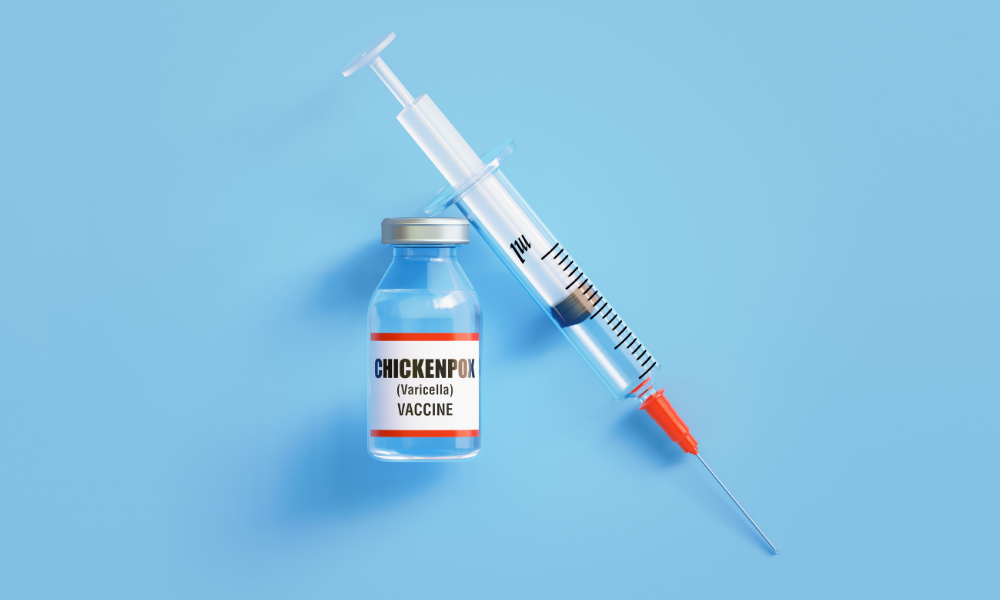Chicken pox presents as a low fever and loss of appetite followed by a classic rash which lasts about a week. The AMA Encyclopedia of Medicine once described chicken pox as “a common, mild infectious disease to which all healthy children should be exposed at an age when it is no more than an inconvenience.” Before the vaccine was added to the schedule in 1995, chicken pox was considered a childhood rite of passage.

For more information: https://www.nvic.org/disease-vaccine/chickenpox
[11] Vaccines, Autoimmunity, and the Changing Nature of Childhood Illness. Thomas Cowan, MD, 2018. P. 77
[12] Miller’s Review of Critical Vaccine Studies. Neil Z. Miller, 2016. pp. 149-164.
[13] Graciela Gutierrezz, “History of Chicken Pox May Reduce Risk of Brain Cancer Later in Life,” Baylor College of Medicine, 2016.
[14] NHS Why aren’t children in the UK vaccinated against chickenpox? Sep. 20, 2016
[15] Vaccine Adverse Events Reporting System – https://digital.ahrq.gov/sites/default/files/docs/publication/r18hs017045-lazarus-final-report-2011.pdf
Product: Varilrix (GSK)
Product Monograph: https://ca.gsk.com/media/6263/varilrix.pdf (21 pages)
Patient Information sheet:
Manufacturer website: https://ca.gsk.com/en-ca/products
Product: Varivax III (Merck)
Product Monograph: https://www.merck.ca/en/wp-content/uploads/sites/20/2021/04/VARIVAX_III-PM_E.pdf (28 pages)
Patient Information sheet: https://www.merck.ca/en/wp-content/uploads/sites/20/2021/04/VARIVAX_III-CI_E.pdf
Manufacturer website: https://www.merck.ca/en/vaccines-2/